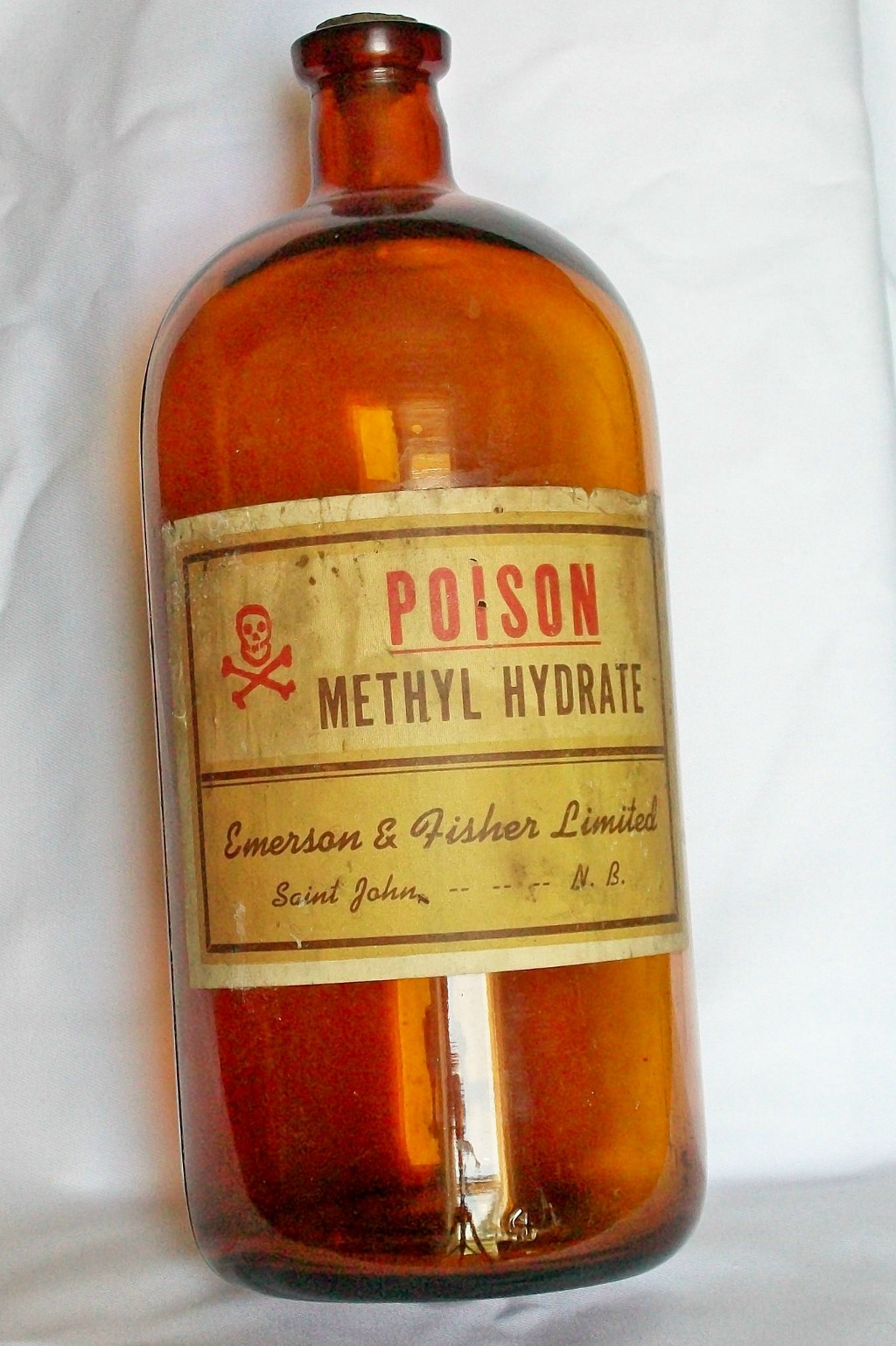The Poison Drinkers
If you’re on the Internet, you are one.
Me to my kids in 2085: Yea I was on Twitter the day everyone found the worst opinion online Kids: what was mom like? Me: I don’t remember
Did you happen to see The Very Bad Tweet last night? If you didn’t I am sorry for even bringing it up; I assure you that you are better off not having noticed it and I want you to go about your day as you were, innocent of the rampant (if predictable) stupidity contained within. (Odds are something equally dumb will come along soon enough, so your innocence will be temporary at best.) It’s funny: The other day when that Facebook VP announced we are five years away from the end of the written word I found myself in a state of sadness and anger, but the more I think about it the more I am okay with the idea. I can skip video; words don’t give you enough of a chance to get away before they blast you with their aggressive imbecilities.
There’s a lot of discussion these days about whether or not the web is a force for good (some go as far as to suggest it is humankind’s greatest masterpiece, which is a remarkable claim to make in an era where DMT is so widely available). Since that viewpoint seems to be gaining currency, I would like to offer an alternate understanding of the Internet, loosely adapted from a lecture delivered early in 2015 under the title The Internet Is Terrible Because Of Everyone:
The Internet is the purest mechanism yet through which everyone can express every idiot opinion they have about everything to everyone else. Let’s refrain for the moment from reflecting on the metacognitive aspects of this structural adjustment. Instead, our focus should be on the toll it takes on those who are exposed to it every day: Contact with the Internet is poisoning them through a constant gush of idiot opinion flowing forth from the vast waste-ridden tide of people who need to be reminded to shut their mouths while breathing. Various forms of social media are only amplifying the process, but where constant exposure can in many cases be expected to help build up immunities, the Internet’s toxicity is such that frequent association with its noxious materials somehow increases both sensitivity and the paradoxical seeking out of further points of infection. The poison is ingested, reacted to, and not even fully absorbed before the search for more poison proceeds.
The main thesis of this lecture was that while once we worried the worst thing was knowing what everyone thought about us, we now realize something considerably more frightening, i.e. the worst thing is knowing what everyone thinks about anything. In the year and a half that has elapsed since then things have only gotten worse, from a clinical standpoint, as our tolerance for the poison (and desire for its effects) has only increased.
If you saw The Very Bad Tweet last night (and, again, I apologize for continuing to mention it if you did not; it was indeed Very Bad but it is well within the realm of possibility that it was not even the dumbest thing on social media in the hour which is was posted) you probably didn’t even stop to consider just how damaging it is to be consistently confronted with the vast range of opinions people no longer have the sense to keep to themselves; you probably just registered your disdain through one method or another and kept on scrolling to see what someone had to say about the singer and Thor’s brother. “That was good poison,” you thought, “I wonder where I can get some more.”

I am here to tell you that there is more poison on the way. Gallons of it. Rivers of it. Look off into the distance and you may yet see the crest of a wave of poison that even now is about to break over the millions of us standing with our heads up and mouths open, desperate to partake in its putrid bounty. It’s coming. There’s nothing you have to do, really. Feel that? There it is.
